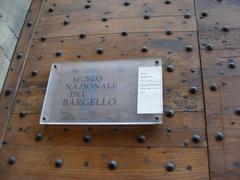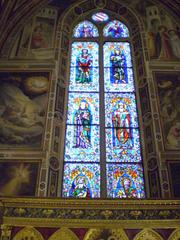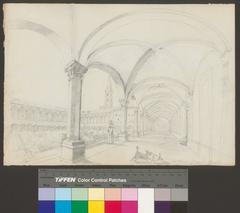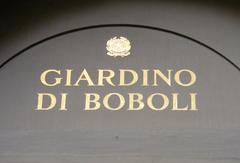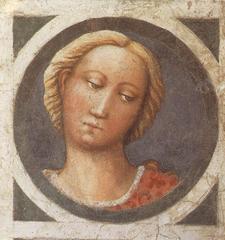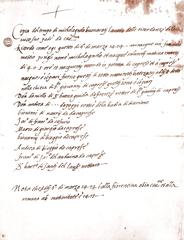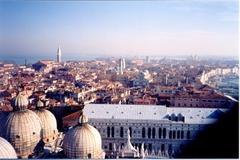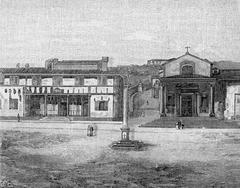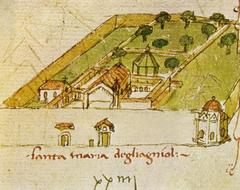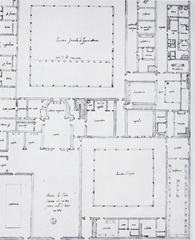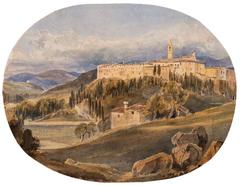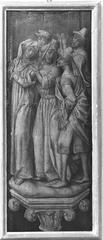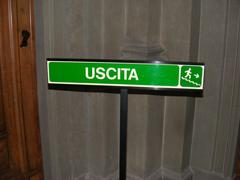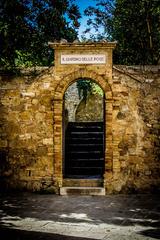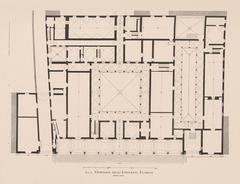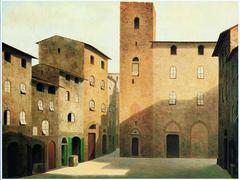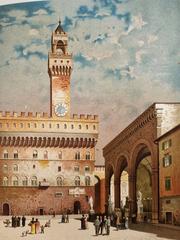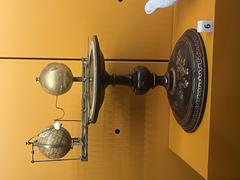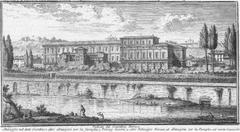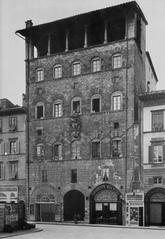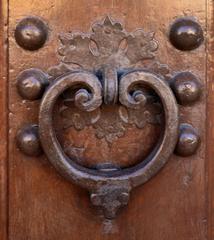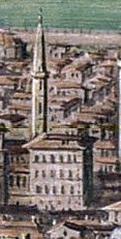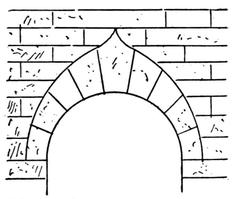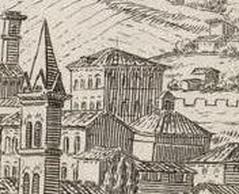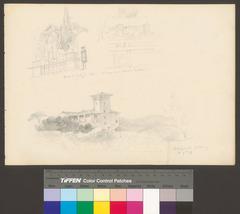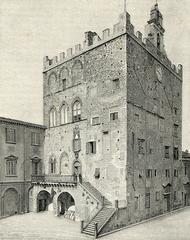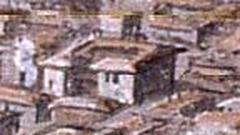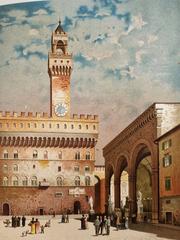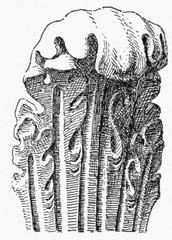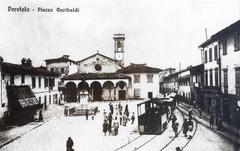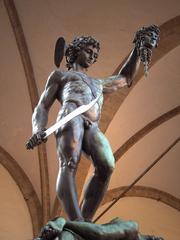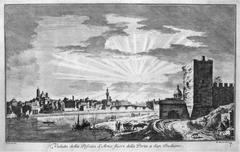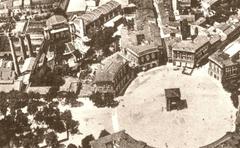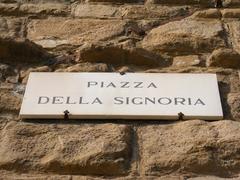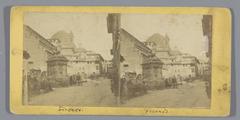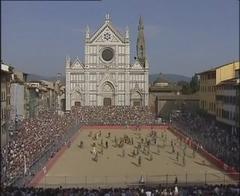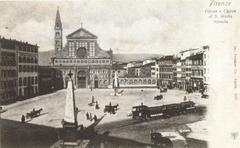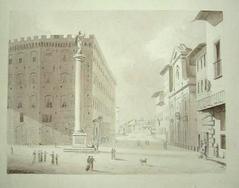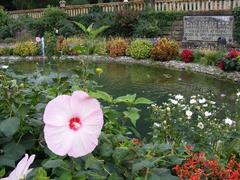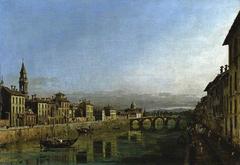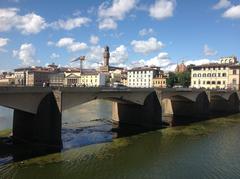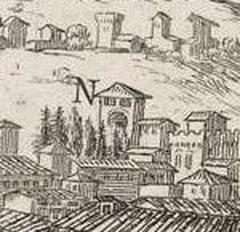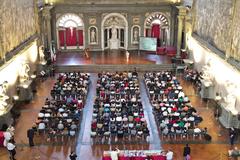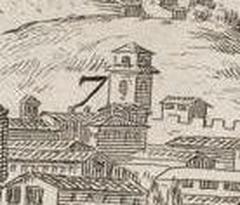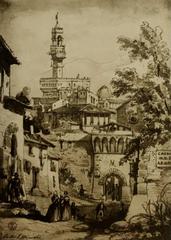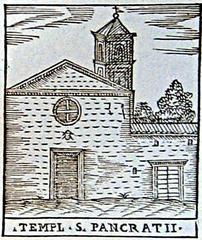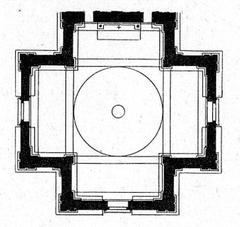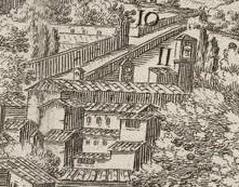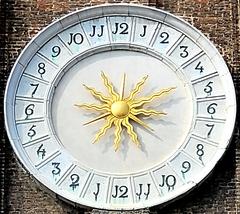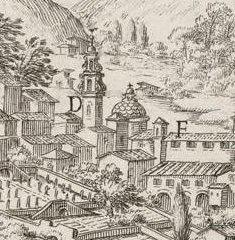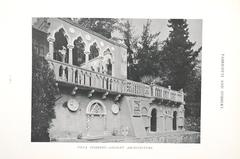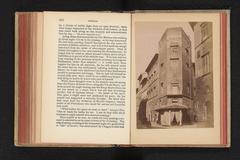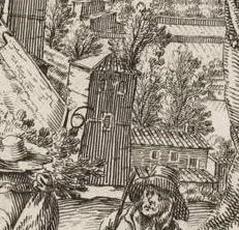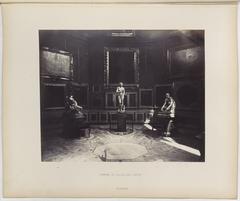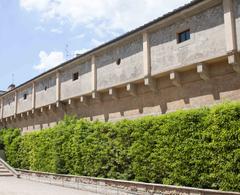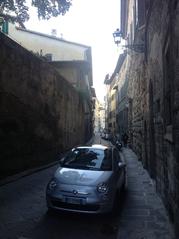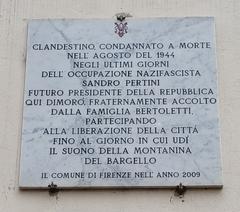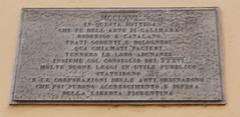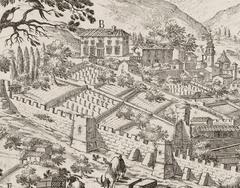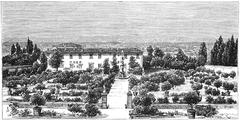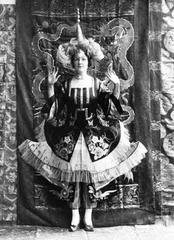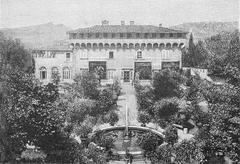Visiting the House of Galileo Galilei: Hours, Tickets, and More
Date: 01/08/2024
Introduction
Florence, Italy, renowned for its rich history and cultural heritage, is home to many significant landmarks, one of which is the House of Galileo Galilei. This historic residence, also known as Villa Il Gioiello, offers a unique glimpse into the life and work of one of the most influential figures in the history of science. Galileo Galilei, born in Pisa in 1564, moved to Florence and lived in this villa from 1631 until his death in 1642. Known for his groundbreaking contributions to astronomy and physics, Galileo’s time in Florence was marked by significant scientific achievements, despite being under house arrest for his support of the heliocentric model of the solar system (University of Florence).
The villa not only symbolizes Galileo’s enduring legacy but also serves as a testament to the architectural style of Renaissance Florence. Visitors to the House of Galileo Galilei can explore the rooms where he conducted his research, gaining insights into his daily life and the environment that fostered his discoveries. This guide provides comprehensive information on the historical significance of the villa, practical visitor details, and tips to enhance your visit, ensuring a memorable experience in Florence, Italy.
Table of Contents
- Introduction
- Galileo’s Early Life
- The Medici Connection
- Significance of the House
- Scientific Contributions
- Visitor Information
- Special Events
- Nearby Attractions
- FAQ
- Conclusion
Galileo’s Early Life
Galileo Galilei, born in Pisa in 1564, is one of the most influential figures in the history of science. His early life was marked by a keen interest in mathematics and natural philosophy, which eventually led him to Florence, a city that would become central to his life and work.
The Medici Connection
Galileo’s move to Florence was significantly influenced by his relationship with the Medici family. In 1610, he was appointed as the Chief Mathematician and Philosopher to the Grand Duke of Tuscany, Cosimo II de’ Medici. This position not only provided Galileo with financial stability but also placed him at the heart of one of the most powerful and influential families in Europe. The Medici’s patronage was crucial in enabling Galileo to continue his research and experiments, many of which were conducted in his Florentine residence.
Significance of the House
The House of Galileo Galilei in Florence is not just a residence but a symbol of the scientific revolution that Galileo spearheaded. The house itself is a testament to the architectural style of the period, featuring elements typical of Renaissance Florence. Visitors can explore the rooms where Galileo lived and worked, gaining insight into his daily life and the environment that fostered his groundbreaking discoveries.
Scientific Contributions
Galileo’s time in Florence was marked by several significant scientific achievements. It was here that he refined his telescopic observations, leading to the discovery of the moons of Jupiter, the phases of Venus, and the detailed study of lunar surfaces. These discoveries were pivotal in challenging the geocentric model of the universe and supporting the heliocentric theory proposed by Copernicus.
Visitor Information
For those planning to visit the House of Galileo Galilei, here are some essential tips to ensure a memorable experience:
- Visiting Hours: The museum is typically open from 9:30 AM to 6:00 PM, but it’s advisable to check the official website for any changes in schedule (University of Florence).
- Tickets: Tickets can be purchased online or at the museum entrance. Booking in advance is recommended, especially during peak tourist seasons.
- Guided Tours: Consider joining a guided tour to gain deeper insights into Galileo’s life and work. Tours are available in multiple languages.
- Accessibility: The museum is wheelchair accessible, and facilities are available for visitors with disabilities.
- Photographic Spots: Photography is allowed in most areas of the museum, but flash photography may be restricted to protect the artifacts.
Special Events
The House of Galileo Galilei often hosts special events, including lectures, exhibitions, and workshops related to Galileo’s work and the broader history of science. Check the museum’s official website for the latest information on upcoming events (University of Florence).
Nearby Attractions
While in Florence, visitors can also explore other historical and cultural sites related to Galileo and the scientific revolution:
- Museo Galileo: Located in Piazza dei Giudici, this museum houses one of the most comprehensive collections of scientific instruments from the Renaissance period. It includes Galileo’s original telescopes and other significant artifacts (Museo Galileo).
- Palazzo Vecchio: This historic palace was the initial location of the Medici collection and offers a glimpse into the political and cultural life of Renaissance Florence.
- Uffizi Gallery: Home to an extensive collection of Renaissance art, the Uffizi Gallery also features works that reflect the scientific advancements of the period.
FAQ
What are the opening hours of the House of Galileo Galilei? The museum is typically open from 9:30 AM to 6:00 PM, but it’s advisable to check the official website for any changes in schedule (University of Florence).
How can I buy tickets for the House of Galileo Galilei? Tickets can be purchased online or at the museum entrance. Booking in advance is recommended, especially during peak tourist seasons.
Is the House of Galileo Galilei wheelchair accessible? Yes, the museum is wheelchair accessible, and facilities are available for visitors with disabilities.
Are guided tours available? Yes, guided tours are available in multiple languages and offer deeper insights into Galileo’s life and work.
Conclusion
Visiting the House of Galileo Galilei in Florence is an enriching experience that offers a deep dive into the life of one of history’s greatest scientists. The villa, with its rich historical and scientific significance, stands as a symbol of Galileo’s resilience and his enduring contributions to the field of science. By exploring this historic residence, visitors can gain a profound appreciation for the challenges Galileo faced and the groundbreaking work he accomplished (Wikipedia).
Whether you are a science enthusiast, a history buff, or simply a curious traveler, the House of Galileo Galilei provides an unparalleled opportunity to connect with the past and understand the monumental impact of Galileo’s discoveries. Be sure to plan your visit carefully, check for special events, and explore nearby attractions to fully immerse yourself in the rich cultural and historical context of Florence. For the latest updates and detailed information, visit the official websites of the University Museum System and the Museo Galileo.
